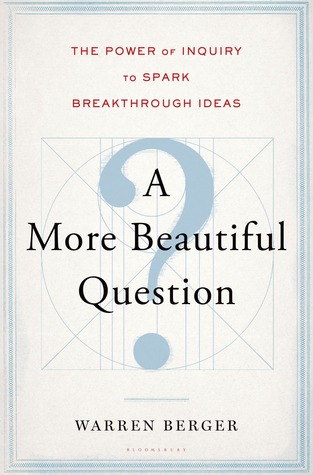An important course that’s urgently required and needed in high schools and colleges is Lifelong Skills.
The Lifelong Skills course will cover why certain skills are important no matter what career a student chooses to pursue after their academic years, how to build productive habits for personal and professional growth, and why no matter what educational degree someone holds, gaining skills will be a lifelong journey. Skills will take students and professionals further in their career than talent alone!
Certain skills are valuable lifelong skills: communication, listening, writing, creative, team work, curiosity, authenticity, personal finance management, selling, teaching, coaching, learning, reading, adaptability to name some. If we become aware of these skills and sharpen them early in our professional journey, we will be better suited and authentically successful in the dynamic world that we live in. Technology will continue to become better, faster, cheaper and the more we hone our “human” skills, the better prepared we will be.
Besides the academic subjects we teach in high schools and colleges, it’s high time that we teach students Lifelong Skills and cover the basics to get them ready for the next chapter in their academic and professional careers.






